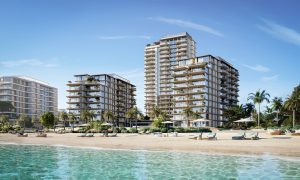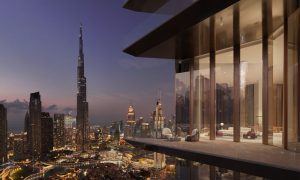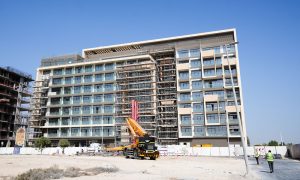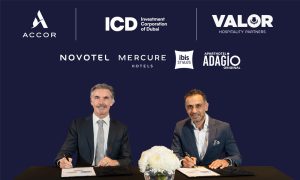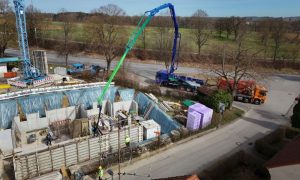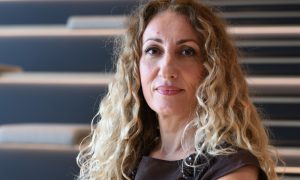SEE Holding unveils new AI-driven sustainable city in Abu Dhabi
By
Posted on
Mobility is planned to be fully electric and autonomous, featuring shared e-cars and e-bikes, self-driving shuttles, and every home will be equipped to support contactless delivery

SEE Holding has unveiled its new development, The Sustainable City 2.0 (TSC 2.0). This development incorporates Net Zero and human-centric features, setting a new standard for sustainable urban development, the developer said.
In this city driven by artificial intelligence (AI), waste is transformed into a valuable resource, it is repurposed, recycled, or converted into energy to prevent it from accumulating in landfills. As a result, the developer says it can prevent landfills from accumulating waste and foster a resilient circular economy. Additionally, passive and active design elements, such as evaporative cooling and micro wind turbines will help maintain a cooler microclimate.
Mobility is planned to be fully electric and autonomous, featuring shared e-cars and e-bikes, self-driving shuttles, and every home will be equipped to support contactless delivery through last-mile delivery robots and drone pads, said the statement from SEE Holding. Every element is designed to offer residents more time, stronger connections, and a better quality of life in a forward-thinking, sustainable community.

Faris Saeed, the Chairman and CEO of SEE Holding said, “This is not a vision of the distant future. It is a model we are building today, driven by AI, achieving Net Zero, and designed around people. Building on years of experience and success with pioneering sustainable communities, we are now introducing a revolutionary urban model that is designed not just for today – but for generations to come. The Sustainable City 2.0 is the culmination of everything we’ve learned, enhanced by the power of intelligent systems and built around a clear purpose: to ensure people remain at the centre of progress in a rapidly evolving, AI-driven world.”
Neighbourhoods are designed to be pedestrian-friendly and surrounded by nature. They also have wellness infrastructure, including motion-activated running tracks, solar-heated pools, and energy-efficient gyms. Learning is vast and future-oriented, with next-generation classrooms and future labs that facilitate the realisation of ideas. Healthcare is proactive, supported by digital monitoring systems that track well-being and enable early intervention.

